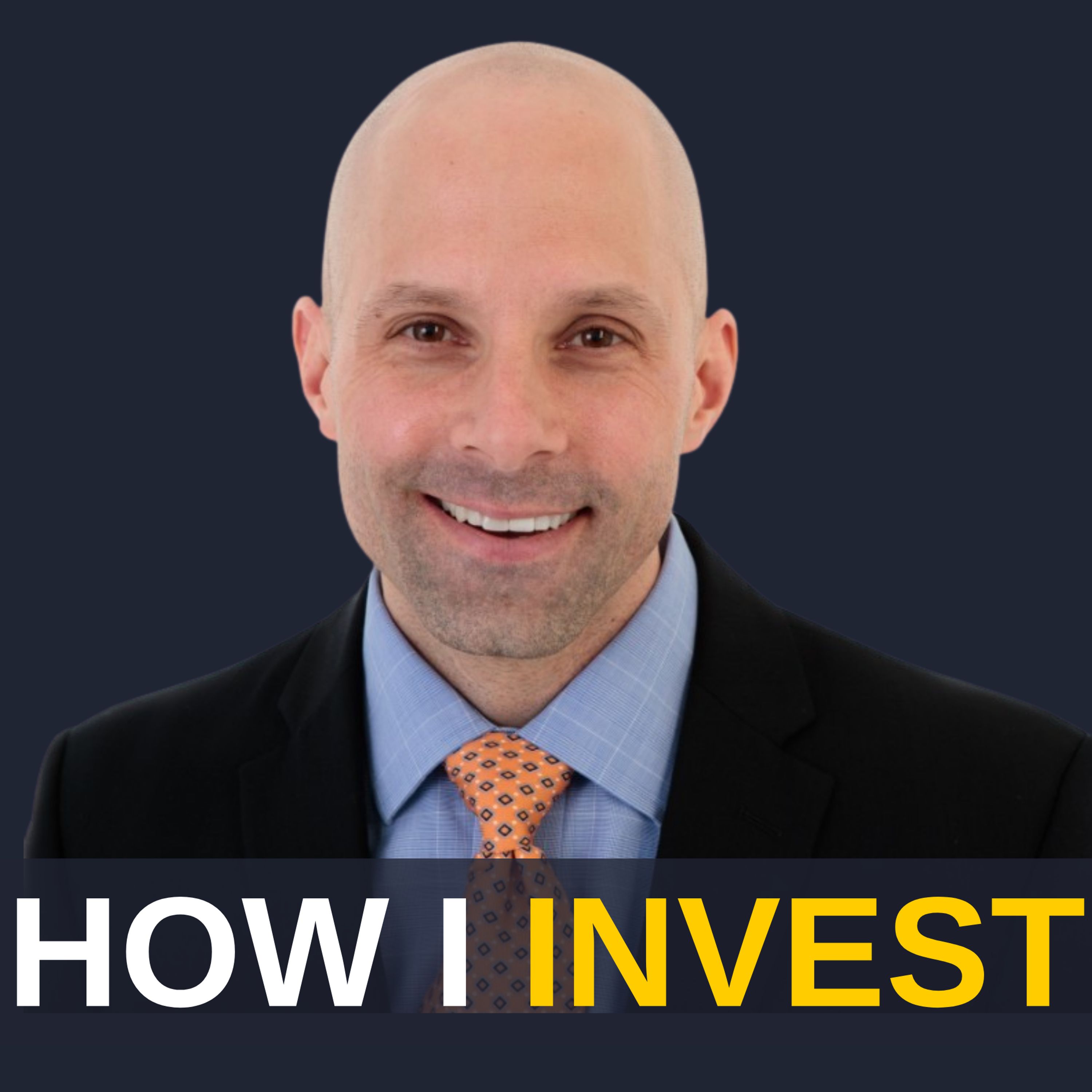
E156: Inside the Mind of a $1.7B Endowment CIO w/Jim Bethea
from How I Invest with David Weisburd
by David Weisburd
Published: Fri Apr 18 2025
Show Notes
Highlights:
- The pros and cons of managing a $1.7B portfolio with a lean team
- Why Iowa focuses on areas where they can outperform by 300 to 1,000 basis points
- How to evaluate a new asset class and build relationships with experts
- The myth of diversification and why over-diversification is often expensive beta
- Jim’s philosophy on manager selection—and why governance matters more than most realize
- How incentives (or lack thereof) impact committees and investment staff
- The discipline embedded in illiquidity and why private markets can help prevent bad decisions
- Why Iowa prefers smaller private equity funds and the edge in lower middle market
- A candid discussion on when to re-up with top performers and when to walk away
- Jim’s take on fund-of-funds, venture exposure, and building a durable investment operation in Iowa City
--
Guest Bio: Jim Bethea is the Chief Investment Officer at the University of Iowa Foundation, where he manages a $1.7 billion endowment. With over 15 years at Iowa and a deep background in both consulting and investment banking, Jim has crafted a concentrated strategy that punches well above its weight. He’s a respected voice among endowment CIOs and a strong advocate for information-sharing and collaborative learning in the LP community.
Our Podcast now receives more than 300,000 downloads a month. Are you interested in sponsoring an episode? Please email David Weisburd at david@weisburdcapital.com.
We’d like to thank @Republic and @Carta for sponsoring this episode!
#VentureCapital #VC #Startups #OpenLP #AssetManagement
--
Sponsor: Republic is the leading global investment platform making premier private market opportunities accessible to all investors. With over $3 billion deployed across its network of investment platforms, funds, and affiliated firms, Republic opens the door to new asset classes typically reserved for institutional investors such as—private equity, venture capital, and even sports teams and your favorite film producers.
All securities, including the Hamilton Lane’s Private Infrastructure Fund, are offered through affiliate Republic Broker-Dealer, OpenDeal Broker LLC Member FINRA & SiPC. All securities come with specific risks not limited to a total loss of your investment. Past performance is not indicative of future results. Please review the risks specific to this investment on the HLPIF deal page hosted on http://republic.com/hlpif.
Sponsor: At Carta, we’re on a mission to connect the participants in private capital — from investors and LPs to their portfolio companies — through a suite of financial intelligence and reporting software that’s purpose-built for venture capital and private equity. Since 2018,we’ve been empowering GPs, CFOs, and CEOs to escape obsolete systems of disconnected FP&A tools — all in favor of a single, unified software suite that helps them make impactful strategic decisions and deliver outstanding results for their investors. Learn more at: www.carta.com/fundtax
--
Stay Connected: X / Twitter: David Weisburd: @dweisburd
LinkedIn: David Weisburd: https://www.linkedin.com/in/dweisburd/ Jim Bethea: https://www.linkedin.com/in/jim-bethea-cfa-caia-b90302177/
--
Links: IOWA: https://uiowa.edu/
--
Questions or topics you want us to discuss on How I Invest? Email us at david@weisburdcapital.com.
(0:00) Episode preview (2:41) Deciding on new asset classes and information bartering (7:05) Governance and its impact on investment returns ()The role of investment committees and incentives ()Analyzing top and bottom performers in portfolios ()Educating the investment committee and higher concentration strategies ()Co-investment interest and its impact on due diligence ()Diversification versus concentrated portfolio risk and consultant incentives ()Lessons from past market cycles and using fund of funds ()Picking asset classes for alpha and time commitment in underwriting ()Balancing alpha-generation with indexing in public equities ()Liquidity considerations: Asset or liability? ()Behavioral finance and maintaining investment discipline ()Evaluating private equity returns in a competitive market ()Specializing in lower middle market private equity and associated risks ()Private credit investment climate and technical default issues ()Overcoming early challenges and importance of in-house knowledge ()Relationship dynamics between GPs and LPs and understanding underperformance ()Turnaround stories and the value of investing in smaller funds ()Closing remarks